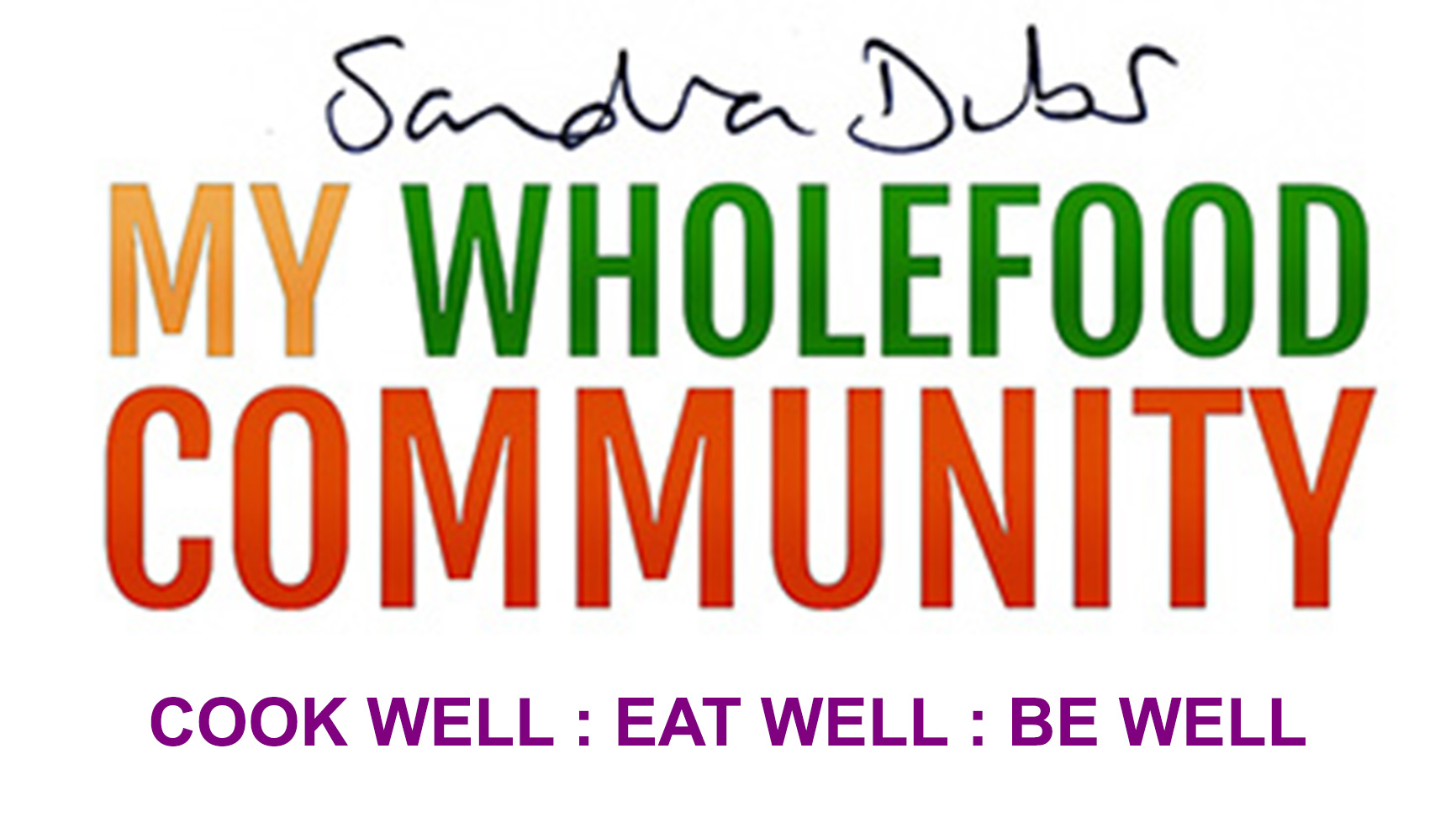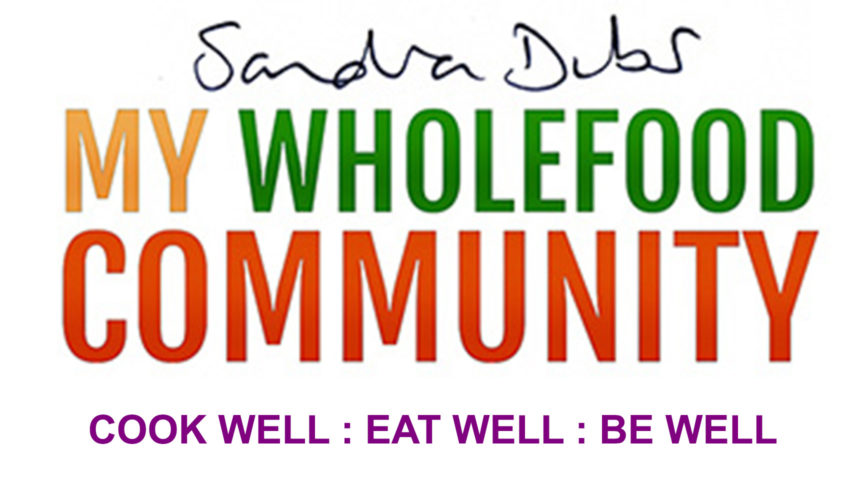Living a Macrobiotic Alternative – The Age, 1989 by Anna Greco
Macrobiotics is just starting to be seen for what it is rather than what it is not. It is a way of life, not a cult. Most people dismiss it as the diet of the fringe brown-rice brigade, but more and more people are beginning to rethink this attitude.
Macrobiotics, a coming together of Eastern food traditions and Western whole food principles, holds that health begins with diet, which should suit not only our personal needs, but also our environment. For this reason only organic, locally grown and seasonal produce is recommended.
Macrobiotics also emphasizes the intake of whole grains, legumes, sea vegetables and fermented foods, such as miso, tamari, pickles, yoghurt and Tempeh. Each has a role to play in good health.
Coming from the Greek words “macro” for great and “bios” for life, macrobiotics dates back to the time of the father of Westem medicine, Hippocrates, but it was Japanese-born George Oshawa who popularised it in the early 1900s. He was succeeded by Michio Kushi, who is in Australia for a series of lectures on macrobiotics as it relates to emotional and mental disorders, spiritual development, and AIDS and the immune system.
“There are so many people who don’t look after themselves, particularly when it comes to diet,” says Sandra Dubs, who runs the Manna Natural Health Foods Store in South Yarra, and who also helped to organise Kushi’s visit to Australia.
“We’ve got so far away from the environment and nature that we’re seeing more and more people suffering from degenerative illness and disease. But If they looked at their eating patterns, they wouldn’t have problems like high cholesterol levels or high blood pressure… What’s happening is that we’re eating so many processed foods that our resistance to disease is being weekend. Many people are developing allergies because their digestive systems have broken down and because they’re eating food that’s out of season, treated with chemicals and not locally grown.”
Dubs believes in a balance between macrobiotics and lifestyle. “It’s not a diet per se, or a sect, but a group of food principles to guide us in what we eat and how we prepare it. It reflects in our vitality and the way we relate to the environment.”
Macrobiotics is full of age-old wisdoms, such as using sea salt in cooking to help alkalinize the body, adding miso (a fermented soybean product) to brown rice to aid the assimilation of protein, and using kombu (seaweed) in preparing dried beans to make them more easily digestible. “People now know that oatbran reduces cholesterol, but so do lentils and brown rice. If only, they’d understand that It’s better to eat the whole food because processing de-energises it.” says Dubs.


